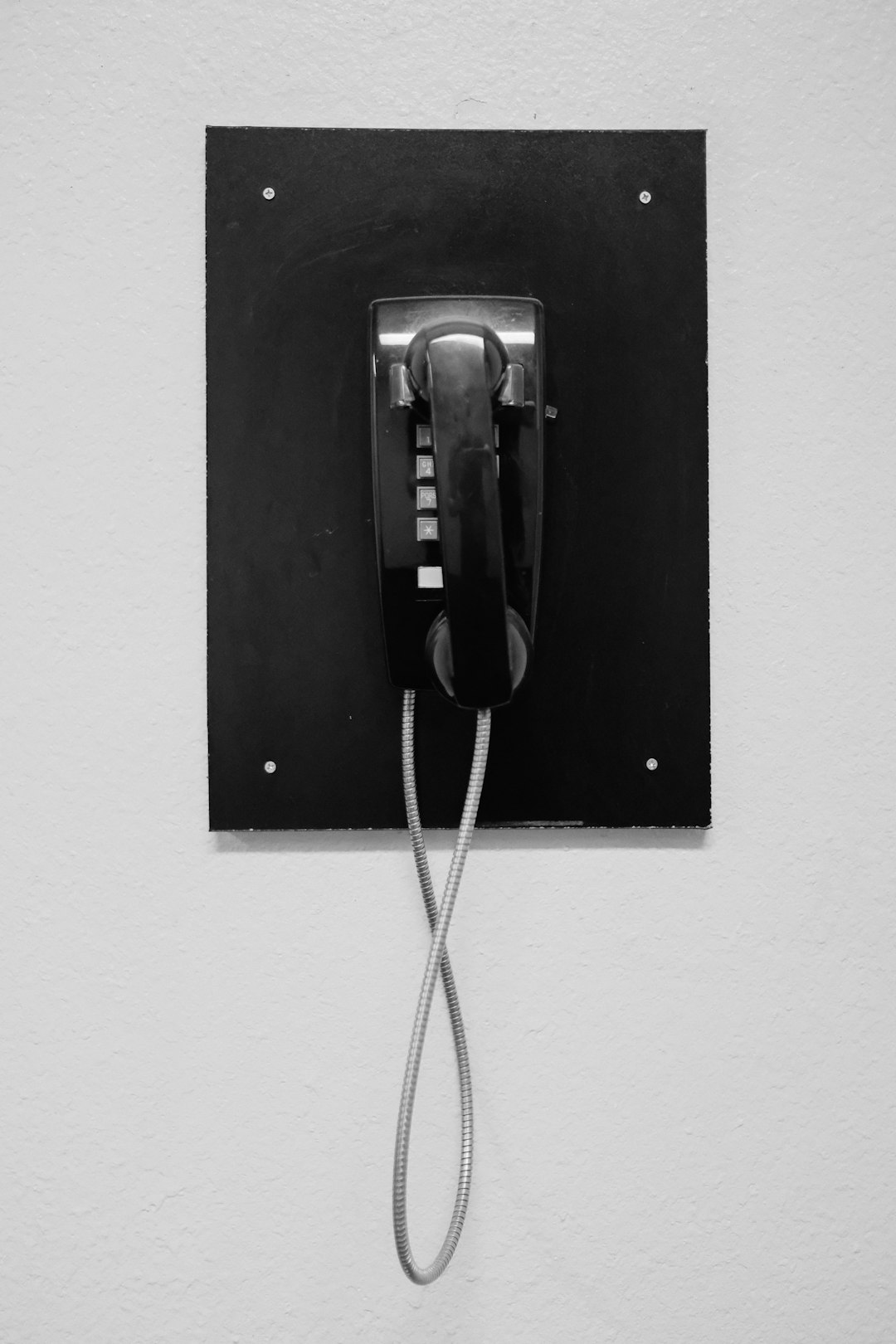New York's strict debt collection regulations protect consumers from abusive practices. Specialized lawyers ensure compliance and defend debtors' rights, addressing violations like unauthorized contact or false statements. Individuals facing unfair collection tactics can file complaints or seek legal redress through these attorneys, who navigate complex state laws and penalties for violators. Choosing an experienced lawyer specializing in New York's debt collector laws is key to protecting financial rights.
New York regulates debt collector behavior through a comprehensive set of laws designed to protect consumers. This article offers an in-depth overview of New York’s debt collection laws, exploring key provisions that safeguard your rights. We delve into the rights of consumers under NY law, practices prohibited by collectors, legal action available against violating collectors, and tips for choosing the right lawyer for debt issues. By understanding these regulations, you can navigate the process with confidence and protect your financial well-being.
New York's Debt Collection Laws: An Overview

In New York, debt collection practices are heavily regulated to protect consumers from aggressive or unfair tactics. The state has stringent laws in place that govern how debt collectors can interact with debtors, setting clear boundaries for acceptable behavior. These regulations are designed to ensure fair treatment and provide a legal recourse for individuals facing harassment or abusive collection methods.
The New York Debt Collection Laws encompass various provisions, including restrictions on the timing and frequency of contact, requirements for validation of debts, and prohibitions against using deceptive or misleading language. A lawyer for debt collectors in New York is essential to navigate this intricate legal landscape, ensuring compliance with state regulations. These laws empower debtors to stand up against abusive collection practices and seek justice if their rights are violated.
Rights of Consumers Under NY Law

Under New York law, consumers have robust rights when it comes to dealing with debt collectors. The state has implemented stringent regulations to protect individuals from aggressive or unfair collection practices. For instance, debt collectors must identify themselves and provide a valid notice of the amount owed, as per the Fair Debt Collection Practices Act (FDCPA). Consumers are also entitled to request validation of the debt, meaning they can challenge the validity or amount of what they owe.
Additionally, New York laws restrict the hours during which debt collectors can contact consumers and mandate that communications be made in a respectful manner. If a consumer feels their rights have been violated by a debt collector, they have the option to file a complaint with the New York Attorney General’s Office or consult with a lawyer specializing in debt collector laws to explore legal avenues for redress.
Unfair Debt Collector Practices Prohibited

In New York, unfair debt collection practices are strictly prohibited by law. This means that debt collectors cannot employ aggressive or deceptive tactics to extract money from debtors. According to the New York State Attorney General’s Office, debt collectors are restricted from using harassment, threats, false statements, or misleading practices. A lawyer for a debt collector in New York must ensure their client adheres to these regulations to avoid legal repercussions.
If you’ve experienced unfair debt collection practices, it’s advisable to consult with an attorney specializing in this area. They can help protect your rights and navigate the complex laws surrounding debt collection in New York State. Understanding your rights as a debtor is crucial, and having legal representation can ensure debt collectors follow the rules, promoting a fairer and less intimidating process for all involved.
Legal Action Against Violating Collectors

If a debt collector in New York violates state laws, individuals affected have legal recourse. According to the New York Department of Financial Services (NYDFS), collectors who use aggressive or unfair tactics can face severe penalties. A lawyer for a debt collector specializing in New York law can advise on potential violations and help navigate the appropriate legal action.
This may include filing complaints with regulatory bodies, seeking damages for emotional distress or harassment, or even pressing criminal charges for unlawful collection practices. It’s crucial to document any violating interactions and contact relevant authorities promptly. A lawyer can guide individuals through this process, ensuring their rights are protected and providing a robust response against abusive debt collector behavior.
Choosing the Right Lawyer for Debt Issues

When facing issues with debt collectors in New York, selecting the appropriate lawyer is a crucial step. It’s essential to find a legal professional well-versed in consumer protection laws and experienced in handling cases involving debt collector practices. Look for an attorney who specializes in representing clients in similar situations, ensuring they understand the intricate rules governing debt collection in the state.
In New York, choosing the right lawyer can significantly impact the outcome of your case. Legal experts in this field know how to navigate the complex regulations, including those set by the New York State Department of Financial Services. They can provide guidance on when and how to file complaints against debt collectors who violate consumer rights, helping you regain control over your financial matters.






